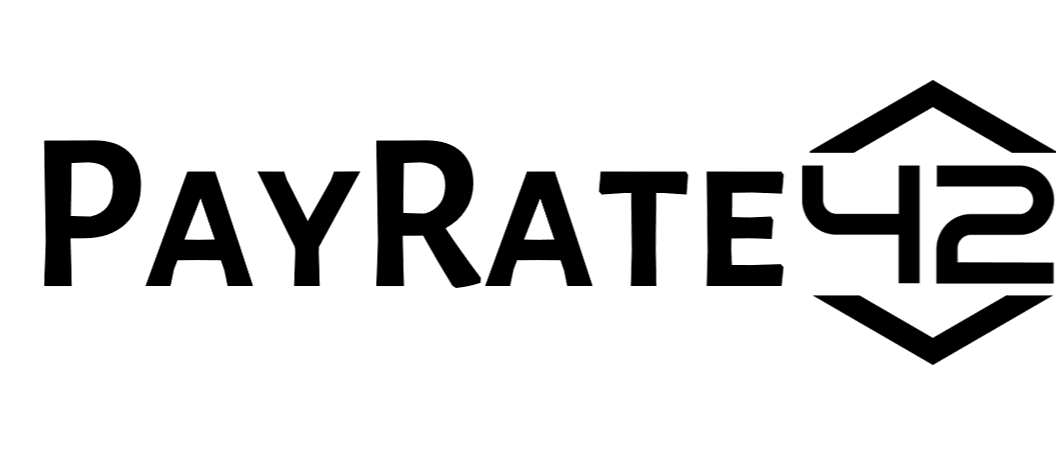Finanstilsynet
Finanstilsynet (Danish Financial Supervisory Authority)
Overview
Finanstilsynet, the Danish Financial Supervisory Authority, is responsible for overseeing and regulating Denmark’s financial markets. Established in 1988, Finanstilsynet operates under the Danish Ministry of Industry, Business, and Financial Affairs. It regulates a broad range of financial institutions, including banks, mortgage lenders, insurance companies, pension funds, securities markets, and investment firms. The agency’s mission is to ensure financial stability, market transparency, and consumer protection while enforcing compliance with both national and European Union (EU) financial regulations.
Finanstilsynet also plays a key role in overseeing Denmark’s fintech sector, ensuring that innovative financial technologies are regulated within the framework of Danish and EU laws.
Key Features
- Comprehensive Regulation: Finanstilsynet regulates a wide array of financial institutions and markets, from traditional banking and insurance to investment services. It ensures compliance with Danish laws and European regulations to protect market integrity and financial stability.
- Consumer Protection: One of Finanstilsynet’s core objectives is to protect consumers by ensuring that financial institutions provide clear and accurate information about products and services. It ensures that consumers’ rights are upheld in the financial system.
- Collaboration with EU and International Bodies: As a member of the European Union, Denmark’s financial regulations align with EU directives. Finanstilsynet works closely with European regulatory bodies such as the European Central Bank (ECB), the European Securities and Markets Authority (ESMA), and the European Banking Authority (EBA) to ensure that Danish financial markets operate within EU standards.
Regulatory Activities
Finanstilsynet’s regulatory responsibilities include licensing, supervision, and enforcement across the financial sector in Denmark.
- Licensing: Finanstilsynet is responsible for granting licenses to financial institutions in Denmark, including banks, insurance companies, and investment firms. To receive a license, institutions must meet strict financial and operational criteria.
- Supervision: The authority supervises the financial institutions it regulates to ensure they comply with regulations, including capital adequacy requirements, risk management, and governance standards. Finanstilsynet conducts regular audits and inspections to assess institutional stability.
- Enforcement: Finanstilsynet has the authority to take enforcement actions against institutions that violate financial regulations. It can impose fines, revoke licenses, and take legal action against non-compliant entities.
- Anti-Money Laundering (AML): Finanstilsynet enforces Denmark’s AML and Counter-Terrorism Financing (CTF) regulations. Financial institutions must comply with these standards, and Finanstilsynet ensures they implement effective AML measures through rigorous oversight.
Recent Regulatory Focus
Finanstilsynet has been focusing on several key areas in recent years, including financial innovation, sustainable finance, and financial crime prevention.
- Fintech and Innovation: Denmark is known for its growing fintech ecosystem, and Finanstilsynet is working to provide a regulatory framework that supports innovation while mitigating risks. It oversees fintech companies, payment service providers, and other digital financial services to ensure they comply with Danish and EU regulations.
- Sustainable Finance (ESG): Like other European regulators, Finanstilsynet promotes the integration of Environmental, Social, and Governance (ESG) factors into financial services. It has introduced guidelines to ensure that financial institutions disclose ESG risks and integrate sustainability into their operations.
- Financial Crime Prevention: Following high-profile cases of money laundering in Denmark’s banking sector, Finanstilsynet has significantly strengthened its efforts to combat financial crime. The authority has increased supervision of cross-border transactions and implemented more stringent AML regulations.
Compliance Rating Conclusion
Finanstilsynet is a highly respected financial regulator in Denmark and the European Union. Its comprehensive approach to financial supervision, consumer protection, and collaboration with international regulatory bodies ensures the stability and integrity of Denmark’s financial markets.
Reputation: Finanstilsynet has built a strong reputation for its rigorous regulatory standards, particularly in its efforts to combat financial crime and promote financial transparency. Its focus on sustainable finance and financial innovation further enhances its standing as a progressive regulator.
Regulatory Effectiveness: The authority’s effectiveness is demonstrated through its comprehensive supervision of financial institutions, its commitment to investor protection, and its proactive stance on issues such as fintech, ESG, and AML. Finanstilsynet’s ability to adapt to new financial trends and emerging risks strengthens its role as an effective regulator.
Rating: Green Compliance – Finanstilsynet maintains a high level of oversight and ensures that Denmark’s financial institutions comply with both national and EU standards. Its focus on sustainability, fintech, and financial crime prevention positions it as a forward-thinking and effective regulatory body.
Recommendation
Finanstilsynet is highly recommended for financial institutions operating in Denmark, including those in the banking, insurance, investment, and fintech sectors. Its clear regulatory framework, particularly in areas such as AML and ESG, creates a stable and transparent environment for businesses. Institutions must ensure they adhere to Finanstilsynet’s strict compliance requirements to avoid enforcement actions.


